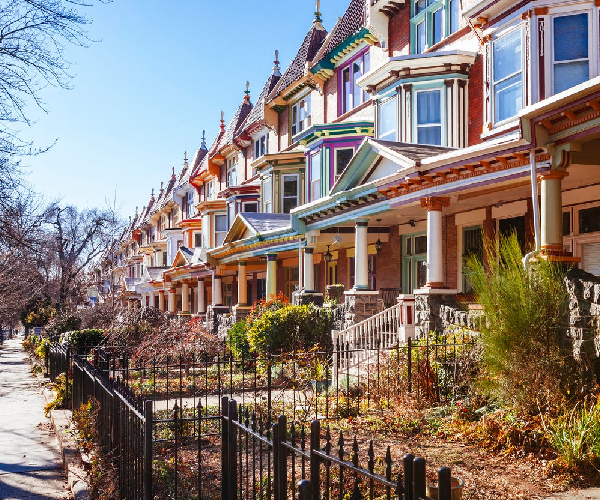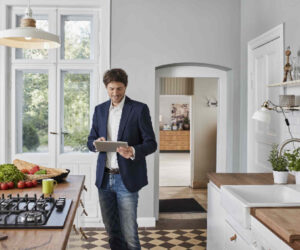The renovation of a house according to your exact specifications can be satisfactory. For many home-owners, a dream comes true by adding their own style and twist, in the long run you can save money on stamp duty by buying a cheaper property to renovate.
Before you start tearing down walls or building extensions, read on for seven helpful tips. Determine what you hope for from the project.
Whether you are building a family home or evaluating your property. The end result of a renovation should be something to enjoy and sell to others. Having clear goals helps you stay on track and motivate yourself through the ups and downs of the journey.
This brings us to the next step. The word “renovation” can have different meanings for different people. A renovation project, whether small or fresh paint, new furniture or a major loft conversion, can be stressful. Consider how much stress you can endure.
Some people prefer a well-run house that just needs a fresh coat of paint and a few new furnishings to be ready by 2021, while others tear down walls to create their perfect open plan.
We commend you for doing what you are doing, gathering knowledge and researching the market, and we encourage you to continue to do so. After all, it all boils down to science. Consider how long you’ve been doing this job and how much disruption you can endure.
Adding an extra bedroom or attic is a profitable addition that can add an average of 11 per cent to a property’s value, while improvements to the kitchen and bathroom can add 55 per cent and 26 per cent respectively. Consider giving the exterior a makeover. Gardening can increase the value of your home by up to 10%, and simple, low-maintenance gardens can be very attractive to buyers.
You don’t have to spend a lot of money to make a big impact. Extensive renovation projects, on the other hand, are not always successful. When you take on a fixer top, do your homework, adjust to unexpected costs and make sure that the added value is not exhausted.
The most important thing is to ensure that your major design project is approved by the Planning Department or Council. First, it must be clarified whether the building permit has been granted. If a property has received planning permission, it is a good idea to look for the other applications approved in your area for inspiration.
Openness to adapt the construction budget. Renovations are undoubtedly vigilant and can cost more and take longer than expected. There are savings on unmodernised homes, but there may be uncertainty about the final cost. Having a low price to run a property ignores potential costs.
Find a reputable architect who is open to you about the cost, even if it means losing a potential job.
Consider offering advice fees, incentives and an emergency fund that is always available; you don’t want to run out of money if unexpected problems arise. You should also keep an eye on your spending, especially in certain cases such as temporary rentals.
When you think about completing a kitchen renovation, think about the value of your home and the expected return on your investment.
If you want to increase the value of your house by renovating your home, you have to determine whether the maximum price of your house is higher than the price that buyers would pay for a house in your street or whether they could find a similar house in a better street for the same price.
When your property reaches its peak price, don’t expect additional renovations to add to its value. Stop spending too much and be realistic about the value you can add




